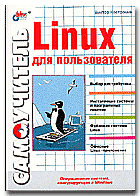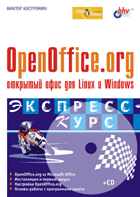6.40.2. Contents of Findutils
Short Descriptions
|
Was formerly used to produce locate databases |
|
|
Was formerly used to produce locate databases; it is the ancestor of frcode. |
|
|
Searches given directory trees for files matching the specified criteria |
|
|
Is called by updatedb to compress the list of file names; it uses front-compression, reducing the database size by a factor of four to five. |
|
|
Searches through a database of file names and reports the names that contain a given string or match a given pattern |
|
|
Older version of find, using a different algorithm |
|
|
Updates the locate database; it scans the entire file system (including other file systems that are currently mounted, unless told not to) and puts every file name it finds into the database |
|
|
Can be used to apply a given command to a list of files |






